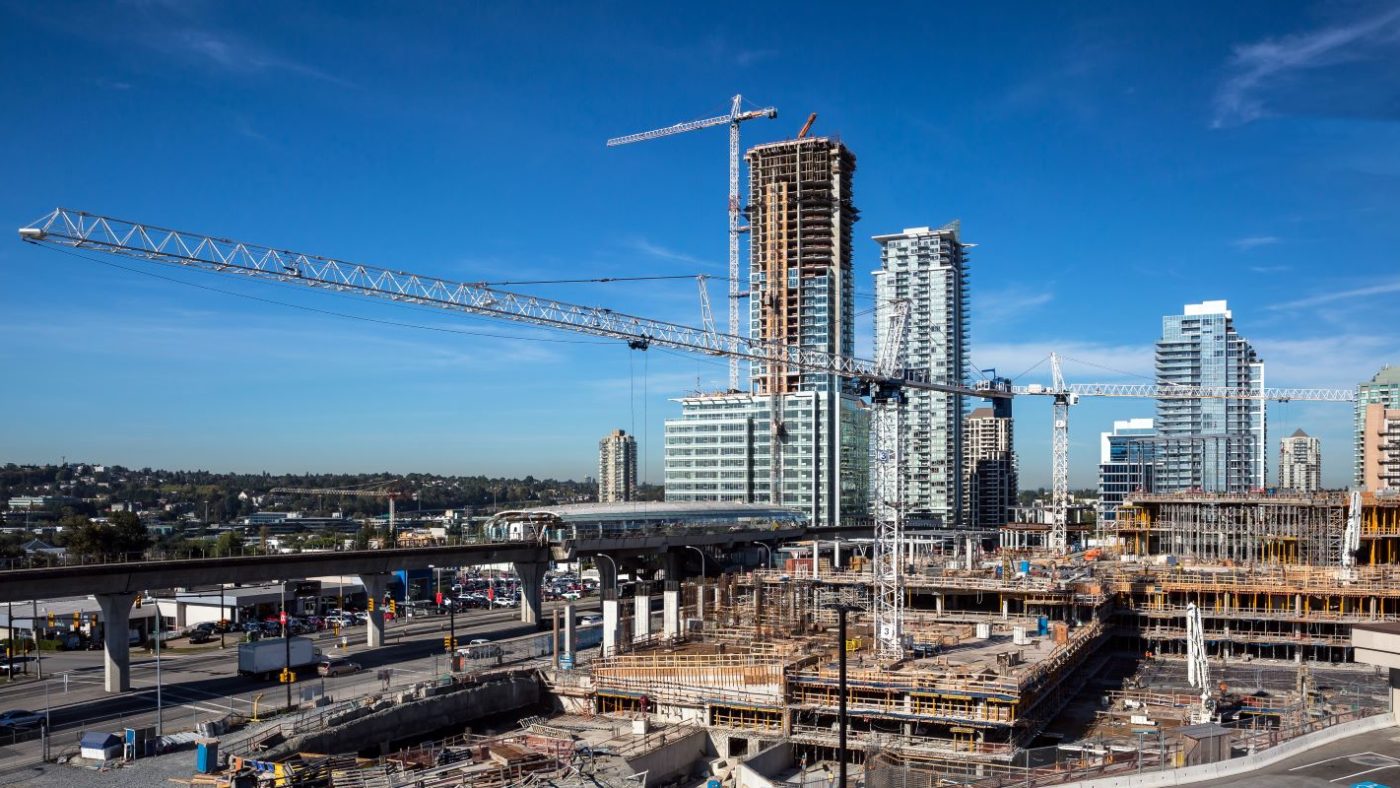Is Substantial Completion A Known Term In Construction Projects

Articles
Substantial Completion vs Final Completion: Learn the Difference
May 21, 2019
Construction projects usually have a clearly defined start date – it normally occurs days after the Notice to Proceed date – yet when you ask the project manager when the project will be complete, the answer may sound ambiguous. That is because there are different stages of completion in construction.
Here's a brief list of common terms that are used regarding completion:
- Partial completion
- Sectional completion
- Substantial completion
- Final completion
- Certificate of occupancy
- Contract's completion date
When a construction dispute involves the finishing of the project or limitation periods, attorneys usually need to determine when construction work was completed or whether it did reach completion. Many legal professionals end up needing the services of construction claim consultants to do this.
In most cases, attorneys are looking for two kinds of project completion dates: substantial completion and final completion.
They may sound similar or equivalent to the layman but there are vital differences between the two. Read more to learn about substantial completion vs final completion.
What exactly is substantial completion?
Substantial completion is the stage when a construction project is deemed sufficiently completed to the point where the owner can use it for its intended purpose. This definition of substantial completion is based on the language in the American Institute of Architects form contract AIA A-201: General Conditions. Some construction professionals call it practical completion.
Since no two construction projects are the same, there is no catch-all objective checklist that determines when the construction work is "sufficiently complete." Instead, one of three scenarios usually play out in determining this:
- The contractor and owner develop and agreed on a substantial completion checklist tailored to the construction project. The list of items is specified inside the construction contract documents.
- The parties agree on using the certificate of occupancy issued by the local jurisdiction as the substantial completion milestone date.
- The owner makes the determination whether the building(s) can be used for its intended purposes and/or occupied. This determination is normally performed by the engineer, architect, construction manager, the owner or the owner's designated representative.
When a project reaches this stage, the prime contractor usually wants a Certificate of Substantial Completion by the contract administration. This certification often includes a punch list of small items that still need finishing and its corresponding timeline to complete them.
What about final completion?
During the project closeout phase, final completion – also known as final acceptance – is defined by the date when the owner determines the construction project to be 100% completed, punch list work included. This is usually the point where the contractor satisfied any remaining contract terms and requirements, and they have the architect or construction manager perform the final inspection.
When that is completed, the contractor receives all the remaining funds they are due. The value of the final certificate is determined by the final account agreed by the contractor and the cost consultant.
The Importance of Substantial Completion vs Final Completion
From the definitions above, it is understood that substantial completion comes before final completion. From a legal standpoint, the date of substantial completion is considered more crucial between the two because the Certificate of Substantial Completion triggers a number of important events and timed periods:
- It is the date when a construction contractor stops being fully liable for minor incomplete details or construction delays
- It is the date where the owner is once again responsible for the state of the property ie. utilities, security, etc.
- Building product warranties periods are based on this date
- Limitation periods for some construction claims begin on this date
- It is the date on which the contractor is entitled to the final payment in the contract agreement
In the case of construction delay claims, if the construction contract doesn't have a clear point of substantial completion, the date often becomes hotly debated in the litigation since it can impact the damage figures. This is one reason it is important for that date to be precisely defined and recorded for each construction project – unclear or undefined dates just add to the resources spent in the already costly and time-consuming litigation.
VERTEX can solve your Substantial Completion vs Final Completion concerns
Do you need help with determining the substantial or final completion dates for your construction project? Perhaps you want an expert to review the documents so as to avoid long-term losses due to delay claims and costly litigation? Whatever your issue, VERTEX has dealt with it before. Our knowledgeable construction experts approach each assignment with professionalism born of extensive experience. Reach out to us today and let us guide you safely through the trenches of construction challenges to reach a resolution.
To learn more about VERTEX's Construction Claims Consulting services or to speak with a Construction Claims Expert, call 888.298.5162 or submit an inquiry.
This article was originally published by Xpera Group which is now part of The Vertex Companies, Inc.
Back to Insights
Source: https://vertexeng.com/insights/substantial-completion-vs-final-completion-learn-the-difference/
Posted by: marielamarielaatienzae0304079.blogspot.com